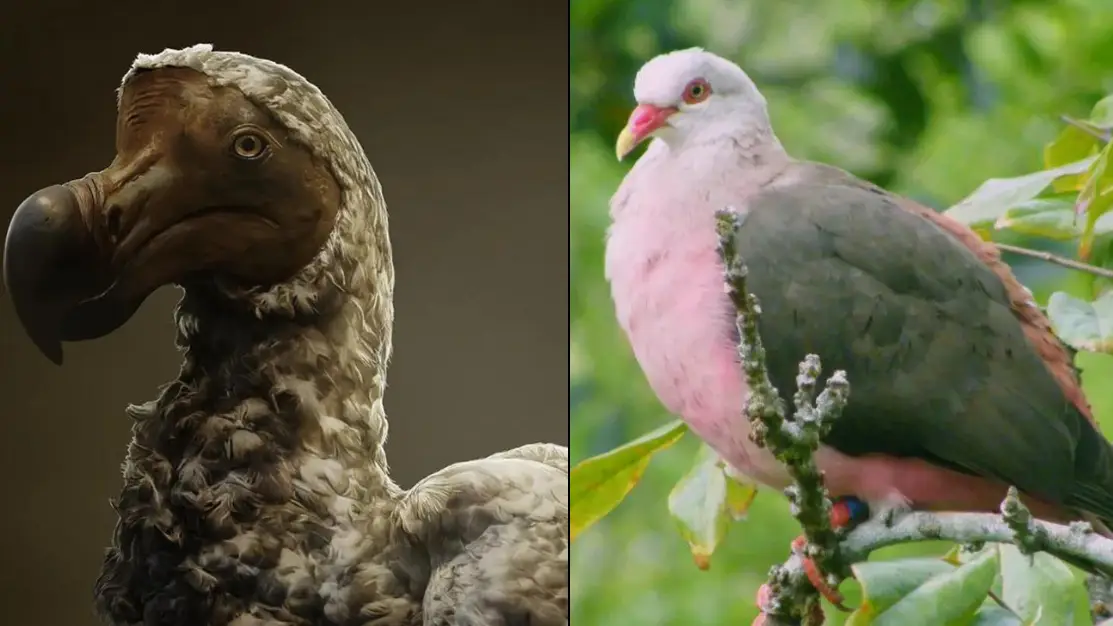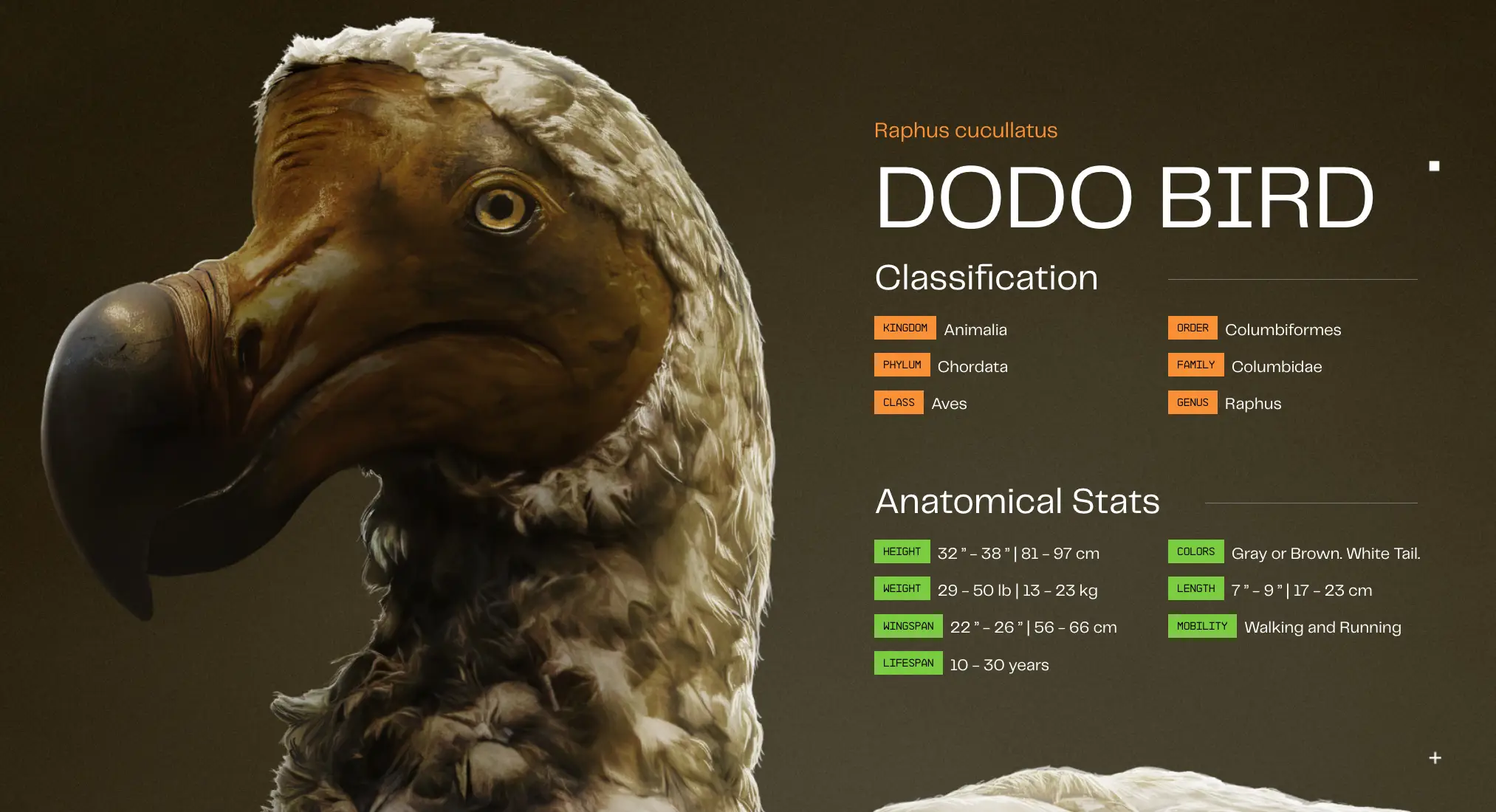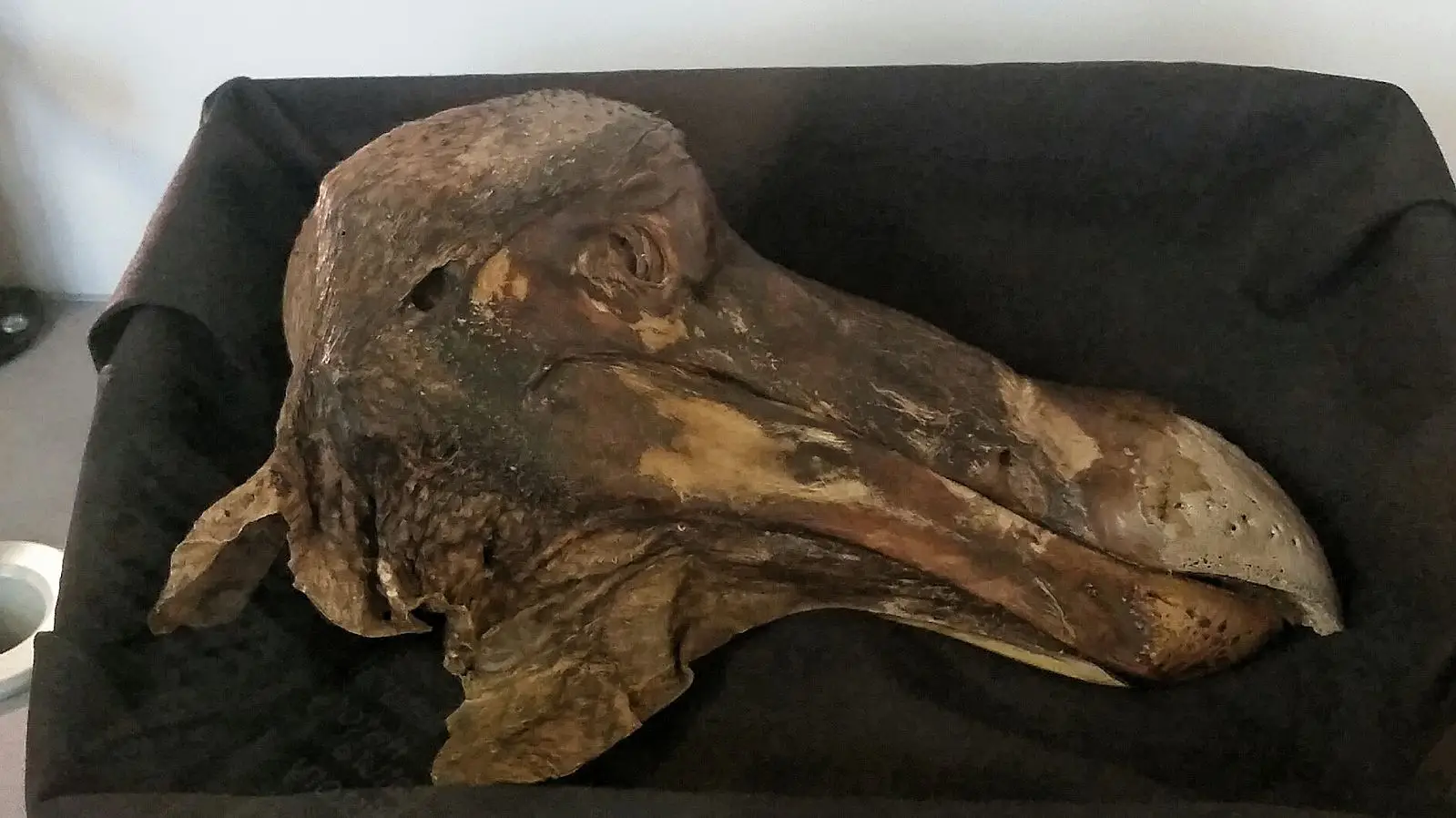
Attempts to make the dodo ‘de-extinct’ have taken a step closer to fruition thanks to a new partnership between a genetic engineering company and the Mauritian Wildlife Foundation.
While it may sound like the plot of Jurassic Park - and we all remember what happened there - Colossal Biosciences, a genetic engineering and de-extinction company, have set up a dedicated Avian Genomics Group that will work on trying to revive the species.
Incredible stuff, right?
Advert
Colossal Biosciences founder and CEO Ben Lamm explained how the technology works to IFLScience last year.
“First you need to look at, what is the closest phylogenetic relative? What is the animal that is still existing on the planet that’s the closest on the family tree?” Lamm said.
“You need to find the closest phylogenetic relative because you’ve got to find and build a reference genome, and you need tissue samples to do that.
“Then, you’ve got to get tissue samples containing the ancient DNA of those extinct species. Ancient DNA is different from existing living DNA, because it’s massively fragmented. It’s not all exogenous, meaning that there are other microbes and living things that have contaminated it over time. So you get snippets of ancient DNA and then you basically piece them together.”

Making the task trickier, was the lack of physical remains of dodos - thankfully, the team did manage to track down and extract some DNA from the skull of dodo in Denmark, which has been used to create a full genome by the team.
Dodos died out back in the 17th century, with the last confirmed sighting in 1662 - prior to their extinctions, the birds had been native to the island of Mauritius.
Plans to bring them back into existence have been given a boost after Colossal Biosciences teamed up with the non-profit wildlife organisation Mauritian Wildlife Foundation, that works closely with the government in Mauritius.

Colossal’s Chief Animal Officer Matt James told IFLScience: “Colossal’s de-extinction projects are only successful if the animals are rewilded and brought back to their natural habitat. We look forward to working with Mauritius to ensure this happens with the dodo.”
As well as the dodo, Colossal Biosciences are also working on helping the pink pigeon - a rare bird found in Mauritius that experts fear could go the same way as the dodo.
The birds are thought to be struggling due to a lack of genetic diversity - something the team at Colossal are hoping to help out with thanks to gene-editing technology.
Topics: Science, Technology, Animals, World News